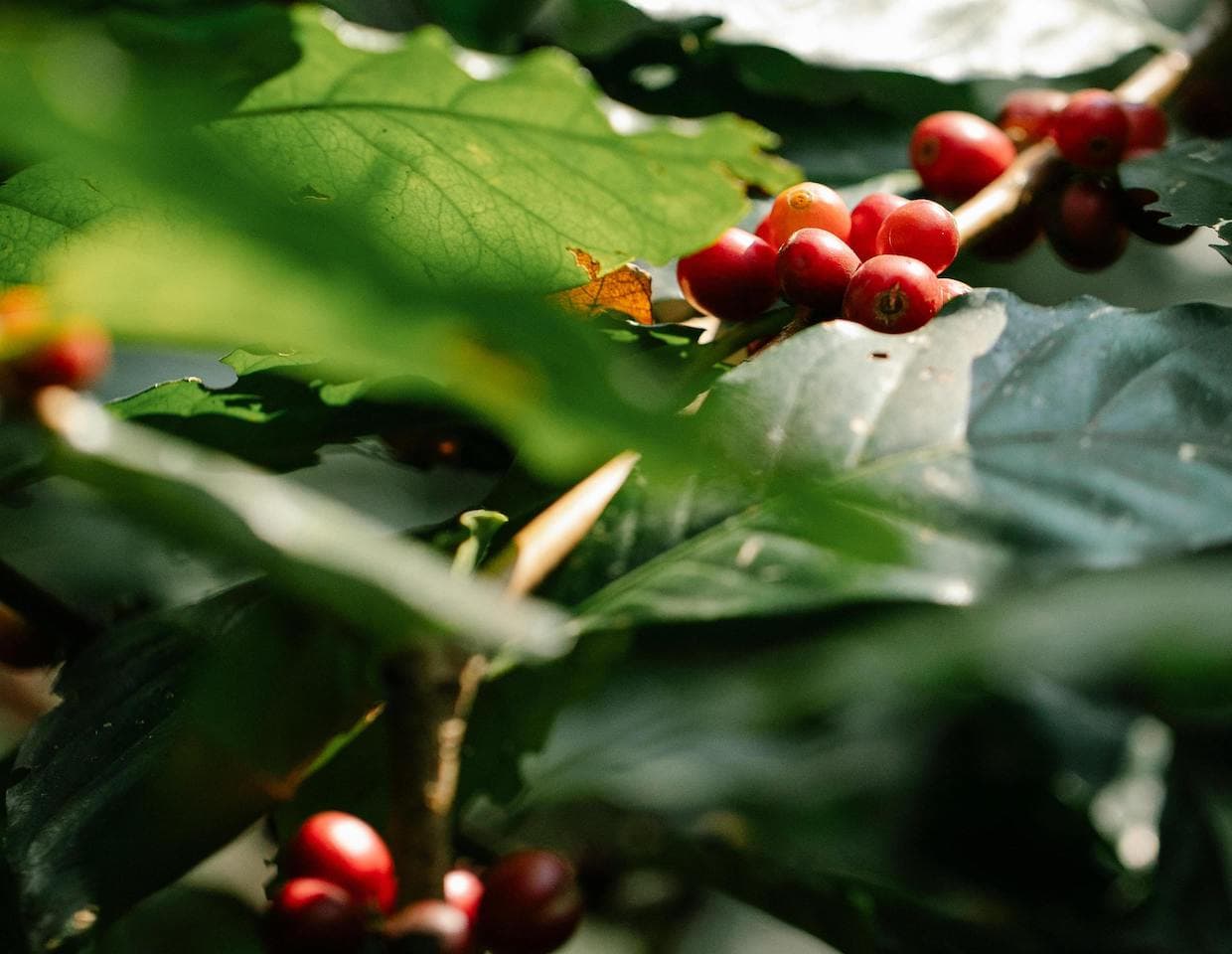In response to growing concerns within the coffee industry, the European Commission has proposed a 12-month extension to the EU Deforestation Regulation (EUDR) compliance deadline, initially set for 30 December 2024. This extension is intended to provide coffee farmers and businesses more time to adapt to the law’s requirements, which seek to mitigate the EU’s contribution to global deforestation.
The EUDR was introduced as a legislative effort to tackle the deforestation crisis caused by the production of goods such as coffee, cocoa, palm oil, paper, and wood. Under the regulation, businesses importing these products into the EU must provide a due diligence statement confirming that their supply chains have not contributed to forest degradation or deforestation after 31 December 2020.
While this legislation reflects the EU’s commitment to sustainable development, many in the coffee sector have expressed concern about the time needed to meet the new requirements. Major industry groups, including the European Coffee Federation (ECF), International Coffee Partners (ICP), and the International Coffee Organization (ICO), have voiced opposition, citing the challenges faced by farmers and coffee supply chains in aligning with the EUDR’s provisions.
If approved by the European Parliament, the extension would move the enforcement date to 30 December 2025 for large businesses and 30 June 2026 for micro and small enterprises. The Commission acknowledged that this additional time would allow for better preparedness, helping stakeholders across the coffee industry adjust to the new regulations.
EUDR’s Impact on the Coffee Industry
For coffee producers, particularly in regions like Latin America and Africa, the EUDR presents both challenges and opportunities. The coffee industry is a vital economic sector for many countries that are also significant contributors to deforestation due to agricultural expansion. The EUDR aims to reshape this landscape by encouraging sustainable farming practices and traceability in supply chains.
However, the financial burden of compliance, particularly for smallholder farmers who form the backbone of coffee production in many regions, has raised concerns. Many farmers face difficulties in meeting the stringent traceability and legality requirements imposed by the EUDR. The cost of certification, data collection, and other legal processes could threaten their access to the lucrative European market, which is one of the largest consumers of coffee globally.
To address these issues, the European Commission has released additional guidelines covering important topics such as traceability, legality requirements, and penalties for non-compliance. Clarifications on key terms like ‘forest degradation,’ and the role of ‘operators’ under the law have also been provided to ensure transparency. Additionally, the Commission has outlined the principles it will use for its country benchmarking exercise, which will classify nations as low, standard, or high-risk based on their deforestation levels. This classification system is expected to be finalized by July 2025.
Despite the extension, the European Commission has been clear that the EUDR’s objectives remain critical to the EU’s long-term sustainability goals. The legislation is designed to drive change in supply chain practices, reduce deforestation, and promote more responsible agricultural production. For the coffee industry, this regulation represents a significant shift toward sustainability, but it also presents considerable challenges, particularly for producers who lack the infrastructure or resources to comply with these new standards.
The coming months will be crucial for the coffee sector as it works to align with the EUDR and ensure that the industry remains both environmentally sustainable and economically viable.

